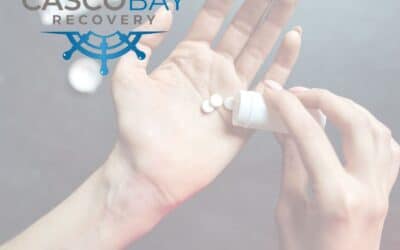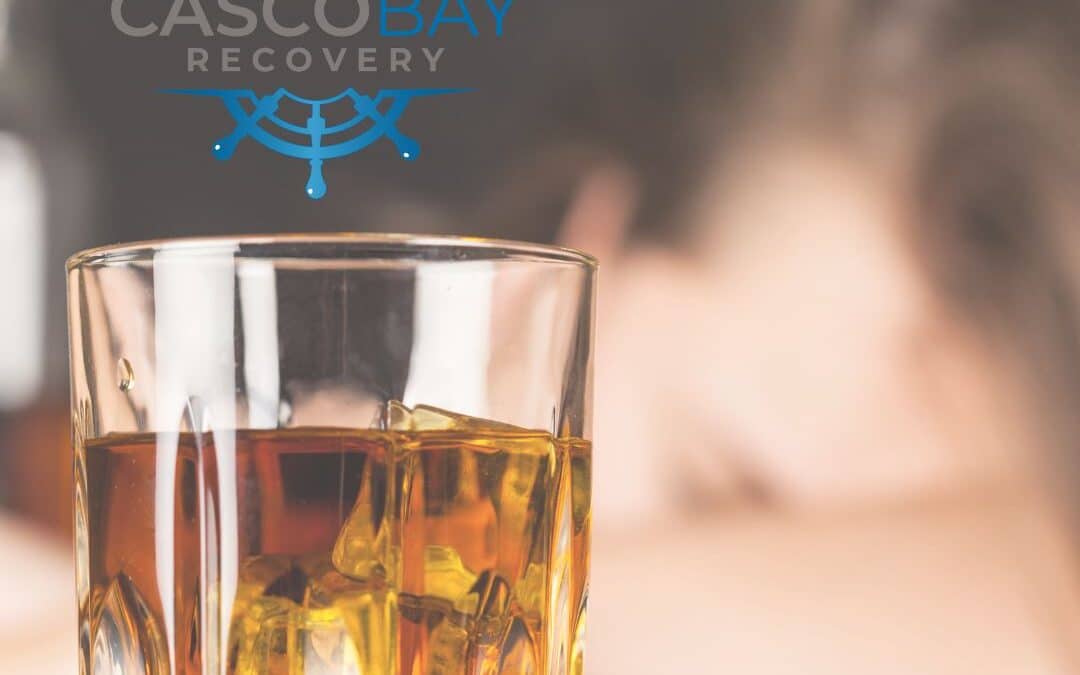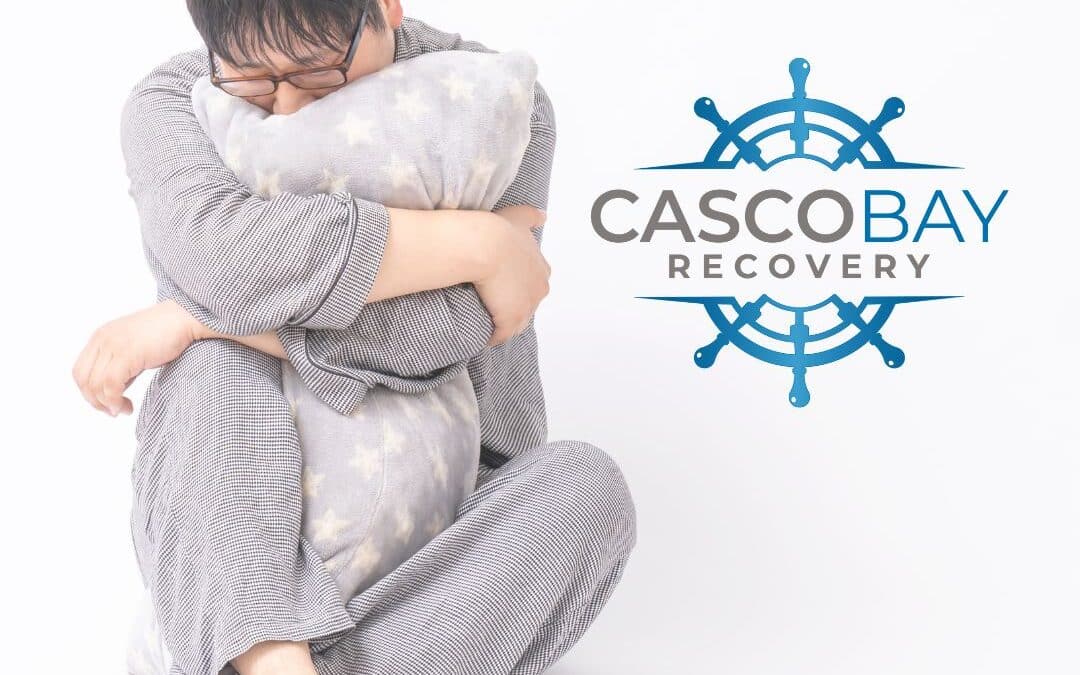What are the benefits of medication-assisted treatment (MAT), in terms of it being used in addiction treatment programs?
When people think of addiction treatment, talk therapy and alternative activities such as yoga or meditation are usually what they picture in their minds. Taking prescription medication is not usually the go-to when it comes to addiction treatment — however, sometimes it provides safety and comfort for certain people that are in recovery. Clients that struggle with alcohol or opioid addictions typically need MAT as part of their treatment plans.
If you’re looking for addiction treatment programs that include MAT, for you or someone you care about, reach out to Casco Bay Recovery. You can call 844.956.3520 or contact our team online.
What Is Medication-Assisted Treatment (MAT)?
Before going into the benefits of MAT, it’s crucial to understand exactly what MAT is. MAT involves the use of medications — always in combination with behavioral therapies and counseling — to provide a more comprehensive approach to addiction treatment.
Some consider the use of over-the-counter (OTC) medications as MAT. For example, if a client has a fever or is suffering from diarrhea during their detox and withdrawal period, OTC drugs can be given to ease their discomfort. However, most people think of MAT as the use of prescription medication — approved by the Food and Drug Administration (FDA) — to help clients deal with the pains and struggles of substance withdrawal.
Research shows that combining medication and therapy leads to the successful treatment of substance use disorders. For some clients, MAT can help in dealing with withdrawal and sustaining their addiction recovery. MAT is also used to prevent or reduce opioid overdose during cases when clients relapse.
As mentioned earlier, MAT is primarily used for addiction treatment that’s related to opioids such as opiate-based prescription pain relievers or heroin. The prescribed medication blocks the euphoric effects of alcohol and opioids, normalizes clients’ brain chemistry and body functions, and relieves the physical manifestations of opioid cravings.
3 Benefits of Undergoing Medication-Assisted Treatment (MAT)
1. MAT Contributes to the Success Rate of Addiction Treatment
Addiction is different for every client. How they develop their addictions and how they respond to certain treatments depend on their life experiences, medical history, and other personal characteristics. However, research shows that the outcomes of addiction treatment programs that include MAT are among the best. This is because MAT-inclusive programs treat multiple aspects of each client, rather than having a one-sided approach to treat a substance use disorder.
2. MAT Is Affordable Compared to Other Forms of Addiction Therapy
MAT gives clients the best value for their money. Unfortunately, most other aspects of addiction treatment that increase its success rate can be costly — such as residential treatment or a long treatment length. MAT, on the other hand, is highly accessible in terms of cost.
The cost of MAT is variable, though. It depends on the type of medication needed and where the client gets admitted for addiction treatment. However, no matter what it costs, MAT is still less expensive than maintaining an addiction. Obtaining more addictive substances costs more and more money as addiction progresses, and inevitable health problems will also result in more medical bills. MAT helps prevent these unpredictable costs and helps clients maintain their sobriety, all with a reliable weekly rate.
3. MAT Allows for Flexibility and Greater Freedom
Unlike longer residential programs, treatment plans that include MAT don’t necessarily need to take clients away from their lives outside of treatment facilities. While detoxification and withdrawal with MAT are best done with 24-hour medical care and supervision, further treatment that includes MAT can be done on an outpatient basis.
MAT can be beneficial for people in recovery, especially those that are struggling with post-acute withdrawal syndrome (PAWS). To continue receiving this form of treatment, all that’s needed is for clients to follow a regular schedule of visiting a treatment facility to receive doses of prescription medication. They can even do this when they come in for other forms of care, such as behavioral therapy.
Can a Client Go Through Addiction Recovery Without Medication-Assisted Treatment (MAT)?
Addiction recovery without medication-assisted treatment is possible. If the staff of the treatment facility a client gets admitted into maintains that MAT is recommended, though, foregoing MAT can be dangerous. At the very least, a client that doesn’t want to go through MAT should get a second opinion.
The risk of developing a dependency or addiction to the prescription drugs used in MAT is the biggest concern of those that advocate for an abstinence-based approach. While there is a risk of that happening, the drugs used in MAT are safer. Trained professionals also control the dosing, and when it’s safe to do so, they will also slowly taper those doses and eventually finish detoxing.
Ready to Learn More About Casco Bay Recovery’s Medication-Assisted Treatment (MAT) Services?
Looking for a Portland, Maine addiction treatment facility that offers MAT? Reach out to Casco Bay Recovery by calling us at 844.956.3520 or contacting our team online.








